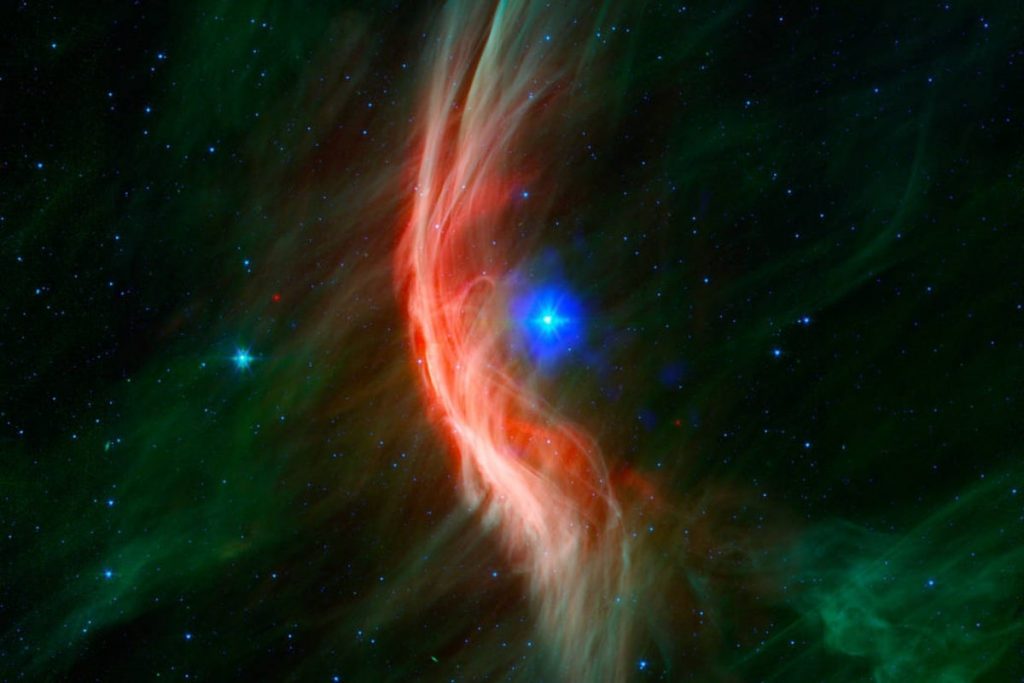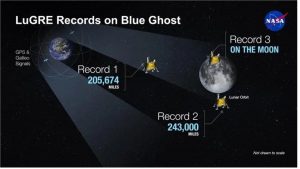Chandra X-Ray Observatory Reveals Information on the Events Around a Rejected Star
Data received from the US space agency NASA’s Chandra X-ray Observatory has revealed some fascinating features of a star, which was likely ejected from its birthplace due to a powerful explosion. The star, Zeta Ophiuchi, has a complicated past and is located some 440 light-years from Earth.

Some fascinating features of a star, which was likely ejected from its birthplace due to a powerful explosion, has been revealed through the data received from the US space agency NASA’s Chandra X-ray Observatory. The star, Zeta Ophiuchi, has a complicated past and is located some 440 light-years from Earth. In terms of size, it is 20 times bigger than the Sun. Earlier observations had suggested that Zeta Ophiuchi once accompanied another star in a close orbit. However, a supernova explosion is said to have taken place some millions of years ago that dislodged Zeta Ophiuchi from its orbit and sent it out at the speed of about 1,00,000 miles per hour. The star got destroyed in the event.
Infrared data from the now-retired Spitzer Space Telescope of NASA showed a spectacular shock wave that appeared red and green in the new composite picture of the data. It was the result of the matter that blew from the star‘s surface and slammed into gas in its path.
Now, the data collected by the Chandra X-ray Observatory has unearthed another detail of the happenings around the rejected star. It showed a blue bubble of X-ray emission around the star. It was produced by the gas that got heated to tens of millions of degrees due to the effects of the shock wave.
The shock wave has been studied by a team of astronomers led by Samuel Green from the Dublin Institute for Advanced Studies in Ireland. The team created detailed computer models of the shock wave and began testing if they could explain the data that has been extracted in different wavelengths that including optical, X-ray, radio, and infrared observations.
The three different computer models predicted the X-ray emissions to be fainter than observed. The X-ray emission appeared the brightest near the star while two of the models suggested that it should be brighter near the shock wave.
The observations were published in a paper in Astronomy and Astrophysics.



